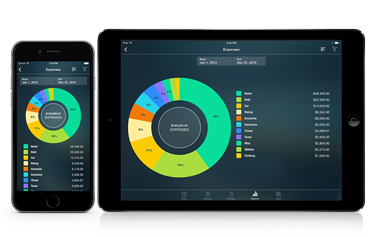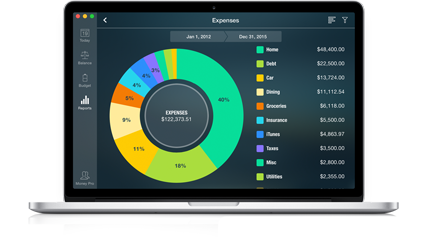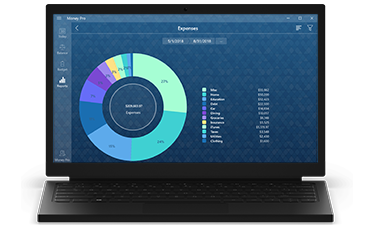
Important Financial Goals Millennials Need to Consider
By Nora Thomson on Wednesday, Jun 24, 2020
Our financial habits today can have some serious repercussions down the line, but we all know that achieving financial wellness is easier said than done. In fact, CNBC reports that 62% of millennials today live paycheck to paycheck, with many feeling financially unstable.
So how do you get around to fixing this issue? The first step in becoming more financially stable is by setting the right goals. These will give you something to strive for and will act as a guide in your journey towards financial wellness.

Credit: Pexels
Financial Goals
Eliminate Debt
While people often chalk up millennials’ financial woes to poor spending habits, there’s more to it than just that. New York University’s Michael Hout highlights that millennials came of age ‘at the worst possible moment’ — that is, during the Great Recession. This has made it difficult for our generation to start our financial lives on the right foot, especially in comparison with our parents, and has made it normal to start our professional lives with thousands of dollars of debt. That’s why before thinking about any other goal, it’s important to first focus on the pressing issue of debt, as it can delay or impede any other goal you might have for yourself and your wallet.
Start Investing
What would be the best course of action after dealing with debt? To answer this question, consider this fact: Millennials haven’t been investing as much as previous generations. Yahoo Finance reveals that millennials have invested less than $500 over their entire lifetime. This is because many of us have to contend with rising debt and costs of living, but millennials do know the importance of investing, as it can help us grow our money faster. And though it can be difficult, it isn’t impossible.
Establish a Retirement Fund
Considering the two prior goals, it would only make sense for the last goal to be to establish a retirement fund. The Washington Post details that millennials need to double the amount of what previous generations have saved to be able to retire, so this is an important milestone we have to meet.
With these goals in mind, the next question is: What can millennials do to achieve their financial goals and take one step closer to financial stability?
Achieving Your Goals
Hire A Financial Advisor
Juggling one’s finances may be a herculean task for some, especially as no one is born with the financial know-how and the ability to always make the right decisions. This is why our first tip would be to hire a financial advisor.
While this may seem counterproductive due to it being an added expense, it will be well worth it in the long run. After all, Maryville University notes that professionals with a bachelors in finance have expert knowledge about financial institutions, investments, banking, portfolio management, and more. An advisor will be a great help when it comes to navigating the complicated world of finances. They can help you avoid common mistakes, while also laying the groundwork to help you achieve your financial goals.
Create An Emergency Fund
One thing that can derail your journey to your financial goals is an unexpected expense.
You can work around this issue by setting aside money for an emergency fund. As we’ve already mentioned in our article on how to Budget for a Freelancer, an emergency fund will be a great help, as it can let you meet emergency costs, like medicine or repairs, when the need arises.
Work Smarter
Research conducted by Boston College shows that millennials often opt to work for longer, in this case until you are around 70, to provide a straightforward solution to the retirement issue. And while there are merits to working hard, one may also opt to work smart.
There are many ways you can do this, but one concrete thing you can start doing would be to adjust your 401(k) contributions. Many think contributing the max amount is the best course of action. However, this isn’t always the case. For example, if the company you work for provides a matching contribution, it would be best to contribute just the amount you need to obtain the matching contribution. This will give you more financial wiggle room and flexibility to allocate resources to other things — like your emergency fund.
An exclusive submission to money.pro
This article is by Nora Thomson
Make sure to follow us on Facebook, X, and Instagram to stay updated.




